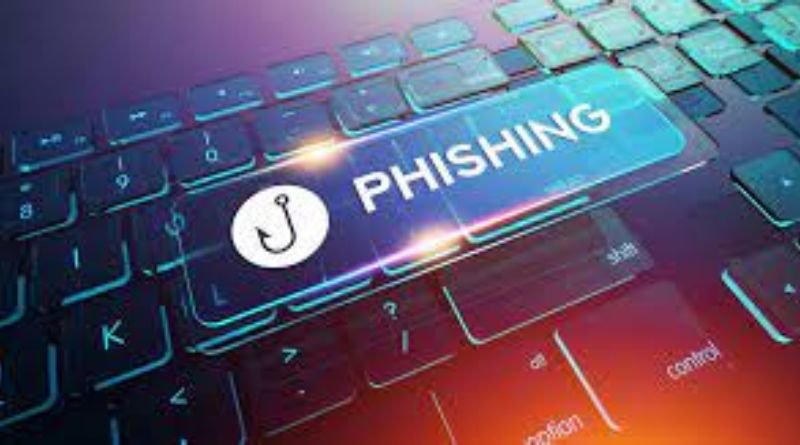Phishing attacks against customers of JPMorgan Chase have increased in recent months, and they’re expected to continue throughout the year. What are phishing attacks? Phishing attacks are attempts by criminals to trick users into giving up sensitive information such as credit card numbers or social security numbers that could be used in identity theft. Criminals try to get personal information about individuals by sending out fake emails that claim to be from trustworthy businesses or government organizations, like Chase Bank or the IRS, respectively.
Hackers targeting bank employees
Hackers are targeting bank employees in a new phishing campaign that is using fake job offers to lure victims. The email appears to come from Chase Bank and includes a link to a website that looks like the bank’s job site. The site then asks for personal information, including social security numbers and account passwords. Once they have access to an employee’s account, hackers can change banking credentials and steal money or commit other crimes. As such, it is critical that employers train their staff on how to identify these types of scams so they can be avoided at all costs.
Maintaining strong passwords
One of the best ways to protect yourself from phishing attacks is to maintain strong passwords. That means using a mix of upper and lowercase letters, numbers, and symbols. Avoid using easily guessed words like your birthday or your mother’s maiden name. And don’t use the same password at multiple sites.
If you think you may have been a victim of a phishing attack, change your passwords immediately and contact your bank or credit card company. They may be able to help you recover any losses.
Monitor your account online
If you’re a Chase Bank customer, it’s important to be aware of the latest phishing scam targeting users of the bank. Here’s what you need to know in order to protect yourself from these types of scams.
The first thing that can help is installing and regularly updating antivirus software on your computer and mobile devices so that they’re able to identify potential threats as soon as they happen. It’s also important not to click on links from unknown sources because many times they’ll lead you straight into a trap set by hackers looking for sensitive information like passwords or credit card numbers. If you do come across any suspicious messages, never reply with personal information. Instead, contact Chase directly and then delete the message if possible. You should also periodically change your passwords for any accounts that share credentials with Chase since this could allow someone else access to your account too.
Do not click on links or attachments
If you receive an email that looks like it’s from Chase Bank, do not click on any links or attachments. This could be a phishing attack, where scammers try to get your personal information. If you’re not sure if the email is real, go to the official Chase website and log in from there. Don’t take any chances with your personal information. If you think you’ve been targeted by a phishing attack, contact Chase customer service at 1-800-935-9935.
So what can I do? Do not click on links or attachments; never provide personal information in response to unsolicited emails, including passwords; always double-check with Chase customer service before making any changes to your account; install antivirus software for protection against malware and viruses.
Use two-factor authentication
You may have heard of phishing attacks – attempts by hackers to trick people into giving them sensitive information, like passwords or credit card numbers. These attacks are becoming more common, and now, it seems, they’re targeting Chase Bank customers. In a new campaign that has been dubbed Operation Emmental, cybercriminals are using email messages with the subject line ACH Update Notification in an attempt to steal customer credentials.
If you receive an email from Chase Bank asking for your username and password, please do not click on any links in the message- go directly to your account on their website instead.
